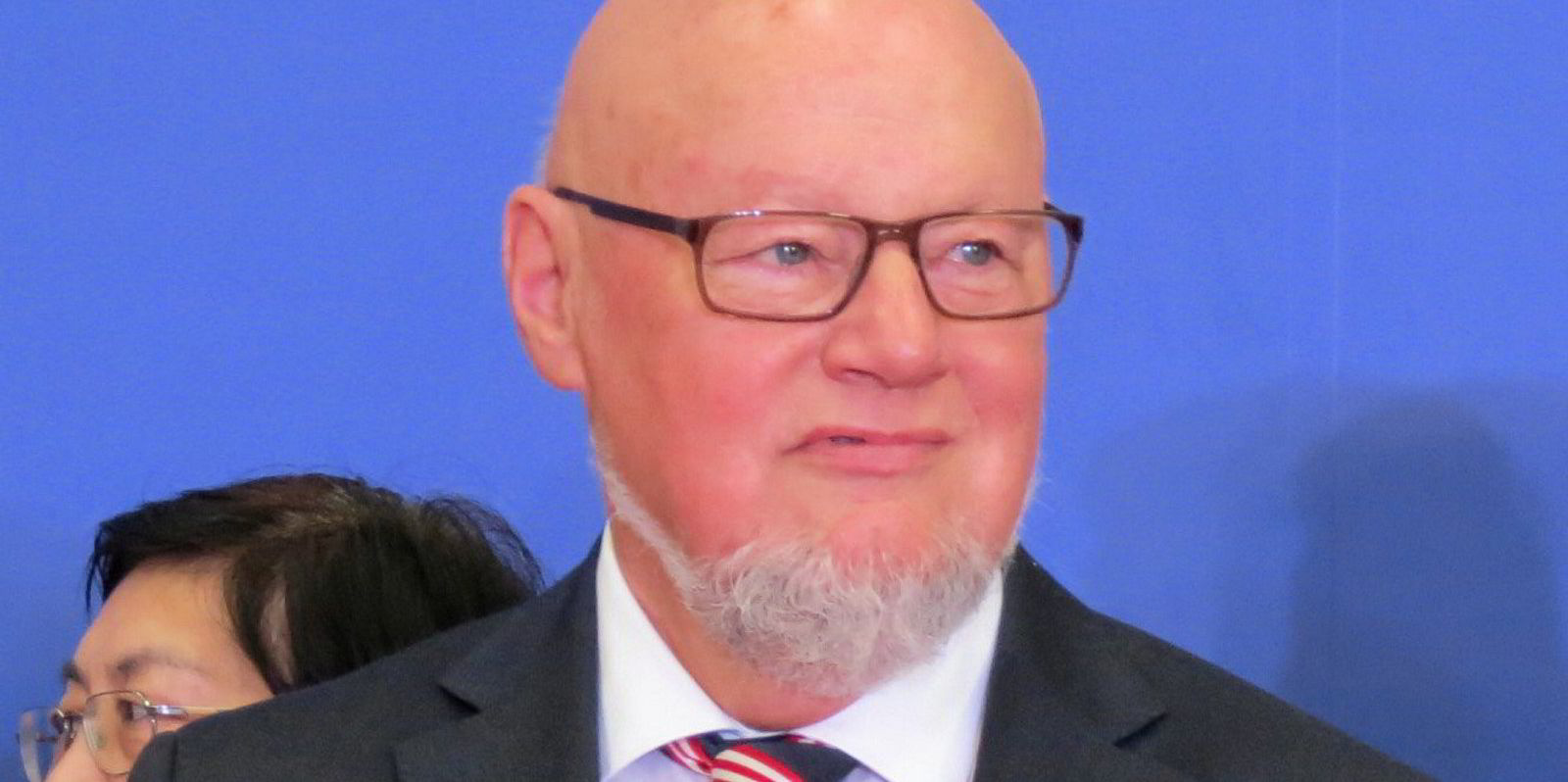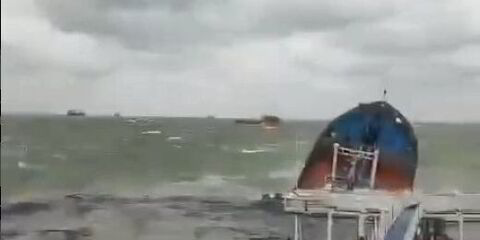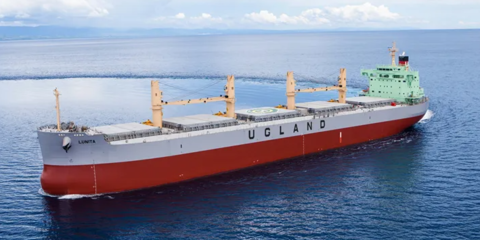Intercargo has urged quick adoption of a carbon levy at the International Maritime Organization as a way to ensure shipping's greenhouse gas reduction targets are met.
Dimitris Fafalios, chairman of the association of bulker owners, made the plea as the COP26 climate conference meets in Glasgow, where 14 nations used the conference to call for a zero emissions target for shipping.
And it comes nearly two months after Intercargo joined the International Chamber of Shipping (ICS) to prose a charge for shipping's CO2 emissions as a market-based measure to push decarbonisation.
The IMO took took up the measure in an October of the Intersessional Working Group on Reduction of Emissions from Ships and is slated to discuss market-based measures again in November.
"A levy-based market-based measure, with mandatory climate contributions by ships to an IMO Climate Fund, must be brought into effect quickly to accelerate the uptake and deployment of zero-carbon technologies and fuels," Fafalios said.
"Good progress towards such medium-term measure was made at IMO's Intersessional meeting, but this in itself is not enough. We must not jeopardise the 2050 target."
He also urged adoption of ICS's proposal for a separate $2 per metric tonne levy on bunkers, which would fund research and development through an International Maritime Research Board (IMRB).

Fafalios said the group fully supports calls to achieve zero carbon emissions by 2050, which would be far more ambitious than the IMO's current goal to chop greenhouse gas output in half by that time.
But much of what is required to get there involves stakeholders other than shipowners.
"We must support the IMO and urge governments to adopt the necessary measures to accelerate R&D of zero-carbon technologies and expedite their deployment," he said.
Fafalios' comments came as shipping industry stakeholders were in Glasgow to attend COP26, and as countries and companies were focused on making decarbonisation the focus of finance.
On Wednesday, TradeWinds reported that voices from the ICS and container shipping group World Shipping Council urged the IMO to adopt the R&D fund first, before turning to the carbon levy.
"The immediate priority for the IMO has to be the approval of the IMRF, otherwise any kind of net-zero target is going to be an empty gesture," said Simon Bennett, the deputy secretary general of the ICS.
On Monday, 14 countries including the US, UK, Denmark, Germany and Norway signed the Declaration on Zero Emission Shipping by 2050, pledging to work at the IMO to work toward goals in 2030 and 2040 that allow the industry to fully decarbonise by the middle of the century.(Copyright)





